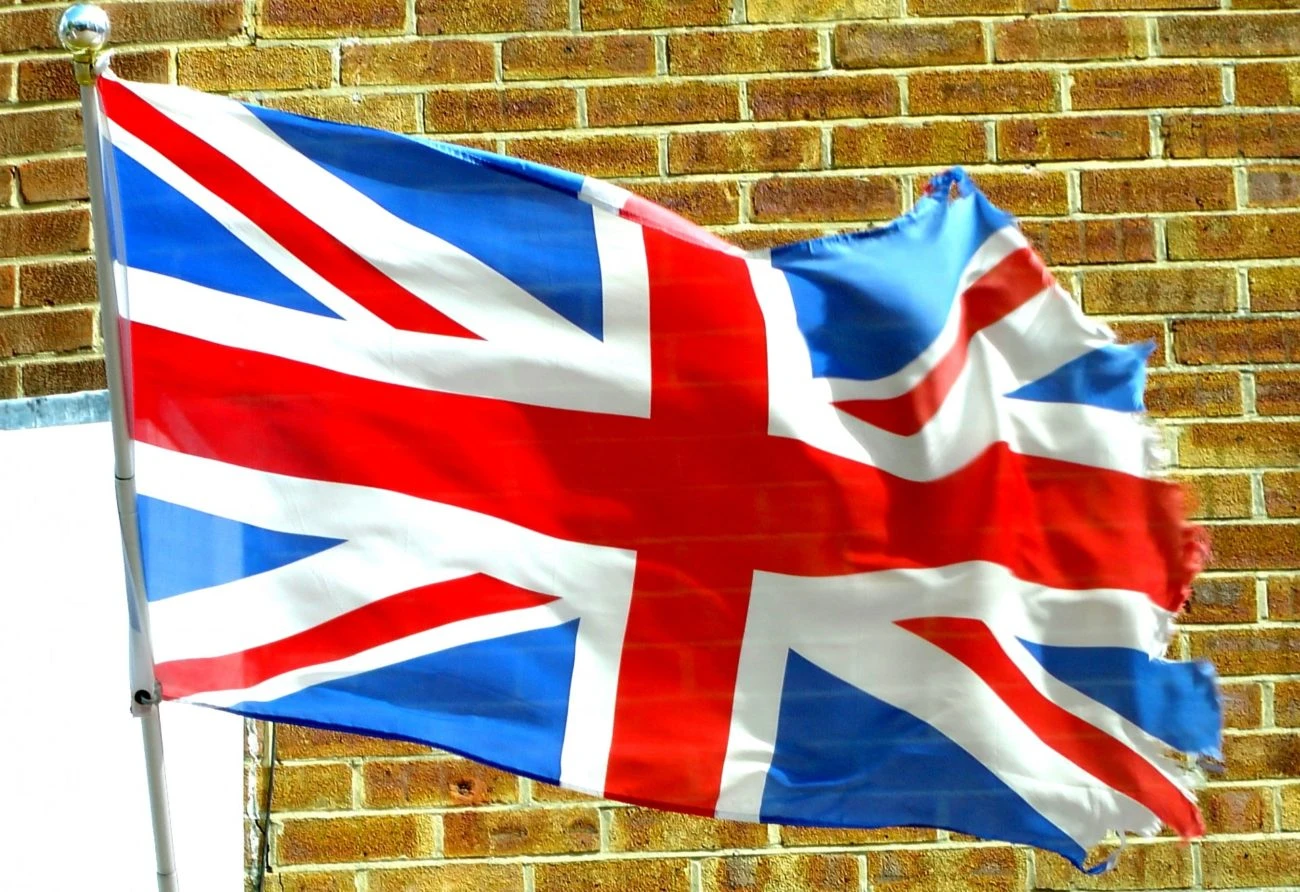Gambling Commission to consult on proposed social lottery reforms

The GB Gambling Commission has launched a consultation on proposed changes to social lottery regulations, including a potential increase to how much players can win.
The consultation will run from December 19, 2020 until March 12, 2020, with the Commission seeking opinion from consumers, licensees and prospective licensees, charities and organisations concerned with gambling and social responsibility; and academics and organisations with an interest in lotteries.
In July 2019, the UK government set out plans to amend section 99 (3) of the Gambling Act 2005 in response to its own consultation on society lottery reform. The consultation was aimed at helping society lotteries grow, removing the need for lotteries to slow down fundraising, and allow them to remove bureaucracy designed to stop them breaching the current limits.
Proposed changes include increasing the maximum amount individual players can win in lottery draws from £400,000 (€468,974/$521,474) to £500,000.
There are also plans to raise the limit on ticket sales for each draw from £4m to £5m, as well as the annual aggregate proceeds limit will from £10m to £50m. Such limits have not been changed for more than a decade.
Section 99 of the Act sets out that the Commission should attach conditions to lottery operating licences. This means that if the amendments come into effect, licences would need to be altered to reflect the new limits.
The Commission will also look at current regulatory requirements to ensure that issues related to the fair and open licensing objective, regarding transparency to consumers, are addressed.
“We are seeking views on strengthening some aspects of the Licence conditions and codes of practice and producing guidance related to information available to consumers,” the Commission explained.
Consumers, operators, charities, organisations and other parties that want to contribute to the consultation can do so via the Commission’s website.
